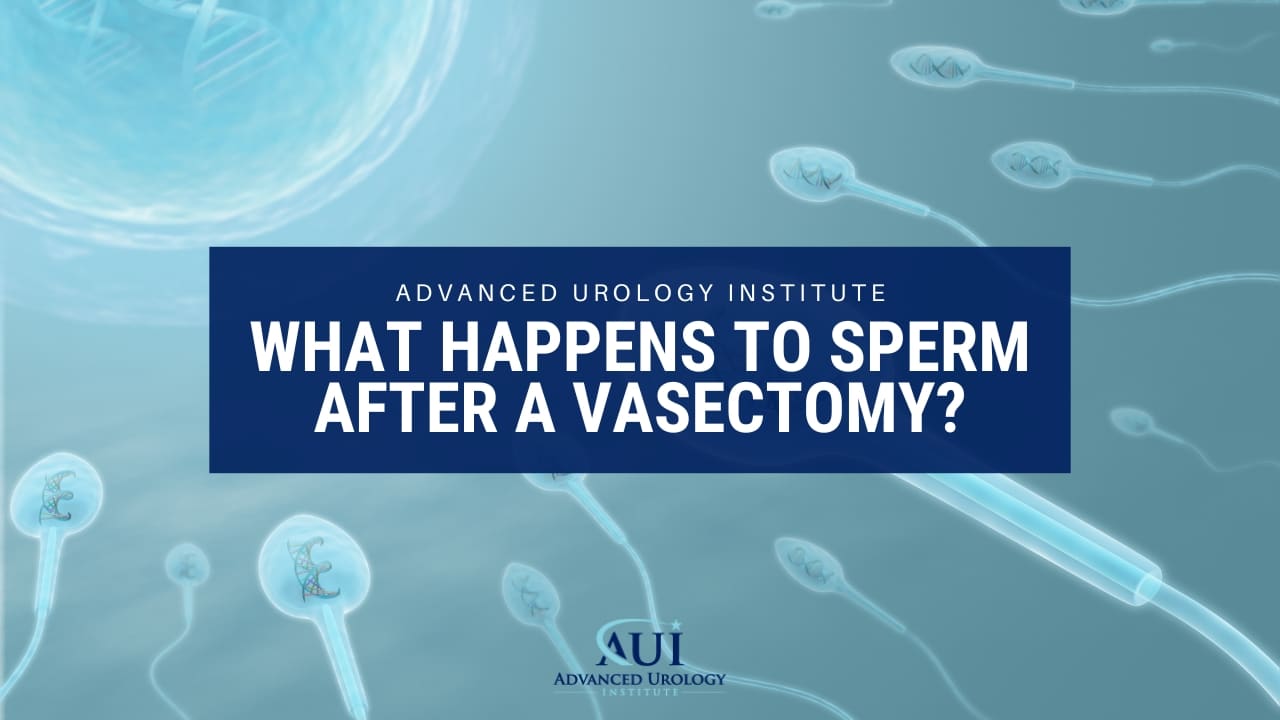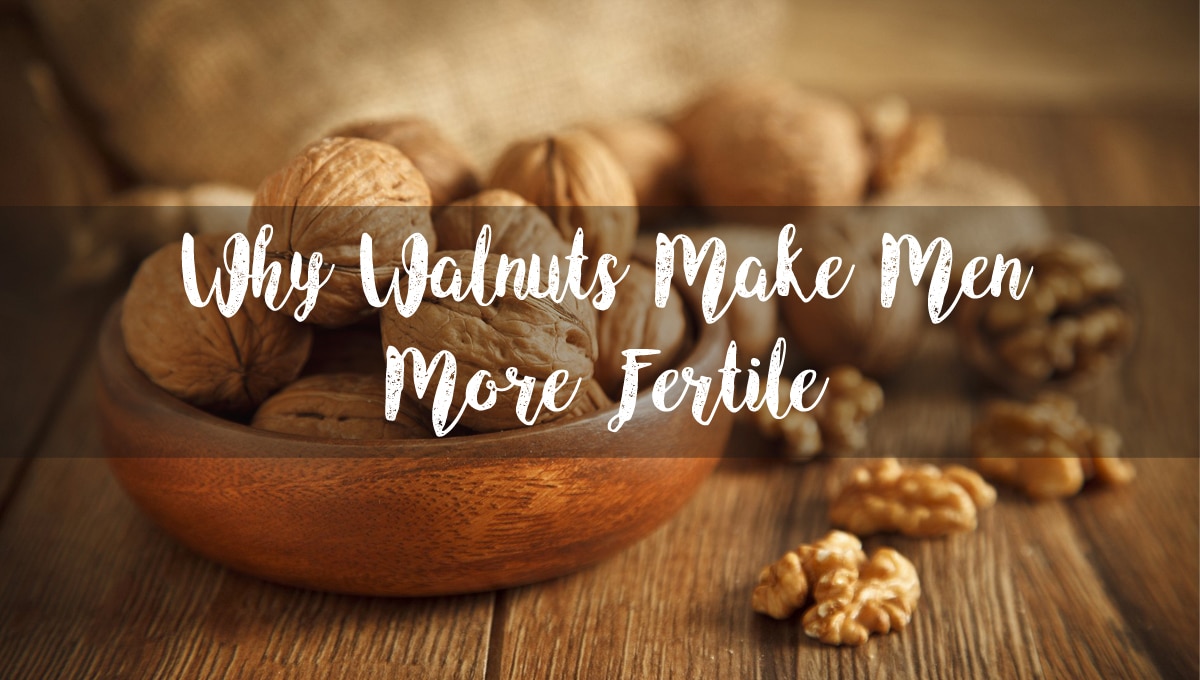 Are you a man intending to undergo a vasectomy but aren’t sure about its efficacy?
Are you a man intending to undergo a vasectomy but aren’t sure about its efficacy?
Are you worried that the procedure will affect your sexual desire, performance or pleasure?
Or are you anxious that the sperm prevented from reaching your ejaculate may cause adverse effects in your body?
If so, here is what you should know about the fate of your sperm after a vasectomy.
- Your body continues to produce sperm after a vasectomy
A vasectomy doesn’t stop your body from producing sperm. It only stops the sperm produced from being part of the fluid you ejaculate. The procedure does not in any way interfere with your testicles, which is your body’s sperm factory.
Inside the testicles are tiny, coiled tubes known as the seminiferous tubules. The tubules produce sperm throughout your lifetime. They contain cells called sperm nurse cells that control the sperm stem cells from where new sperm cells emerge. The sperm nurse cells are surrounded and stimulated by testosterone-producing cells.
Vasectomy does not affect any of these cells found in the seminiferous tubules. So it does not hamper or limit sperm production. And your body continues to produce sperm just as it did before the procedure.
- Your body naturally dissolves and reabsorbs sperm after a vasectomy
Before a vasectomy, the sperm produced in your testicles are moved and stored in the tightly coiled tube, called the epididymis. The sperm cells stored in the epididymis are then transferred to the vas deferens and out of the body via the urethra during ejaculation.
During a vasectomy, the vas deferens is cut and blocked, closing the pathway along which sperm move out of the body. So the sperm produced in the testicles and stored in the epididymis can no longer move out of the epididymis through the vas deferens to be part of the semen you ejaculate.
The sperm remains stored and unused in the epididymis for a period of time. After that, the body’s natural destruction process occurs, where the sperm is dissolved and reabsorbed into the body through the membrane lining the epididymis.
- Your body’s re-absorption of unused sperm is harmless
The process of re-absorbing sperm in your body after a vasectomy is similar to what happens to the sperm the body produces during periods when you are sexually inactive. Of course, when you’re sexually active, you ejaculate regularly, use most of the sperm produced, and compel the body to make more sperm.
But when you are sexually inactive for an extended period of time, your body produces less sperm and stores and reabsorbs unused sperm. It is this same process of naturally re-absorbing unused sperm that occurs after a vasectomy. The natural, harmless process swings into action to prevent buildup of unused sperm if you don’t ejaculate for a long period.
The process occurs in two steps. First, the body uses special cleanup cells called macrophages to break down old or unused sperm by dissolving them. Secondly, the remnants of broken-down sperm cells are absorbed into the membrane lining the epididymis.
- Your sexual desire, function, and pleasure does not change after a vasectomy
Because the vasectomy procedure does not affect your testicles, it does not interfere with your testosterone levels. So your sexual desire is not affected.
Also, a vasectomy does not interfere with your ability to have and maintain an erection. So if you have no erectile dysfunction before the procedure, you’ll have normal erections and performance after it. In fact, your performance may be improved by the boost you get from not worrying about the risks of pregnancy.
Likewise, since the ejaculate is usually made up of 2-5 percent sperm, the volume of your ejaculate does not change after a vasectomy. You’ll be able to have sex, feel the same levels of pleasure, and ejaculate normally. The only difference will be the absence of sperm in the ejaculate.
- You need an alternative form of contraception until your semen is sperm-free
With a long-term success rate of 99-percent, a vasectomy is one of the best forms of birth control; only second to abstinence. But you’ll still need to be careful a few weeks after the procedure as you can still make your partner pregnant.
There will be some sperm in the upper portion of the vas deferens after a vasectomy. These sperm cells will find their way in semen and may cause a pregnancy if you have sex after the procedure. That is why you need to use an alternative form of birth control until the absence of sperm in your semen has been confirmed.
The sperm count in semen decreases gradually after a vasectomy. But it takes approximately 8 weeks or 20 ejaculations following a vasectomy for the semen to be sperm-free. Your doctor will recommend tests on your semen during this period to check for the presence of sperm.
Safe, effective vasectomy
Vasectomy is a safe, effective, and permanent birth control method. It neither interferes with your sex life nor stops your body from producing sperm. It only stops sperm from being part of the ejaculate, but with not much difference in the color and quantity of semen you ejaculate.
At Advanced Urology Institute, we offer safe, effective vasectomy procedures. Before the procedure, we spend time discussing the procedure and its benefits and risks ensuring that our patients are ready for permanent birth control. We also offer vasectomy reversal for men who have undergone the procedure but for some reasons need to have children again.
For more information on vasectomy and vasectomy reversal, visit the site “Advanced Urology Institute.”



